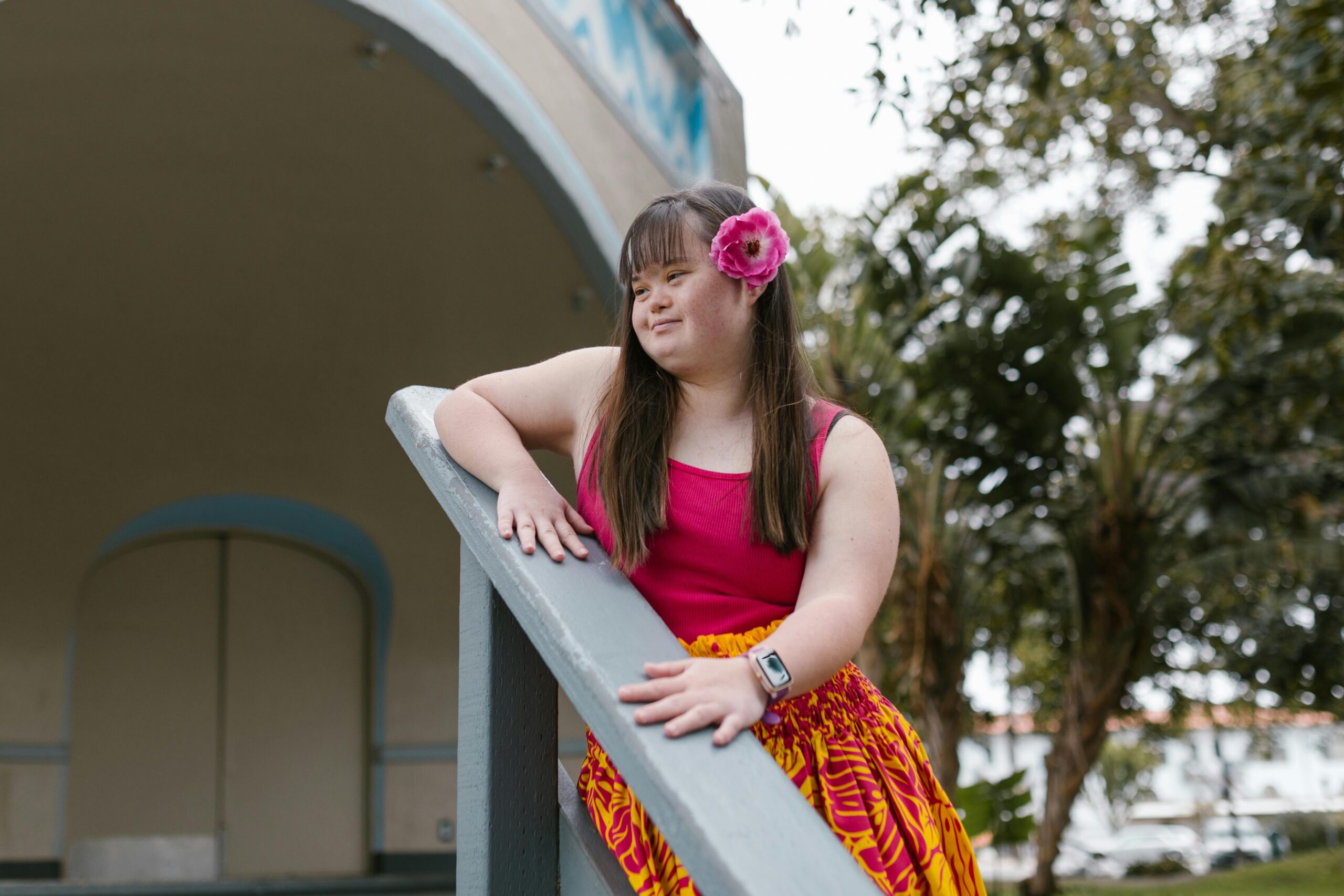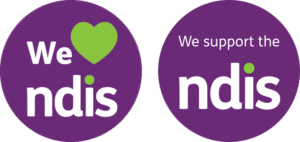Navigating the National Disability Insurance Scheme (NDIS) can feel overwhelming, especially when you’re trying to understand the range of supports available to help you or a loved one live more independently. From NDIS personal care to supported independent living (SIL), the scheme offers tailored services to empower Australians with disabilities to achieve their goals and engage with their communities. This in-depth guide explores NDIS services, eligibility, funding, and key supports, providing clarity on how the scheme works and what you can expect. Providers like Aus Care Community Services, a registered NDIS provider, offer expert assistance to help participants access these services effectively, ensuring a smoother journey through the NDIS landscape.
What is the NDIS?
The NDIS, launched in 2013 and managed by the National Disability Insurance Agency (NDIA), is a transformative initiative that provides individualised funding to Australians with permanent and significant disabilities. Unlike older disability support systems, the NDIS focuses on participant choice and control, allowing individuals to select NDIS services that align with their personal goals, such as improving daily living skills, pursuing education, or enhancing social connections. With over 600,000 participants nationwide, the NDIS supports a wide range of needs through services like NDIS support coordination, allied health, and NDIS housing support.
The scheme operates on the principle of reasonable and necessary supports, meaning funding is allocated based on what is essential to help participants live fulfilling lives. Registered NDIS providers, such as Aus Care Community Services, play a vital role in delivering these services, offering everything from NDIS personal care to NDIS early childhood intervention to support participants at every stage.
NDIS Eligibility: Who Qualifies for Support?
To access NDIS funding, individuals must meet specific eligibility criteria based on age, residency, and disability. According to the NDIA, you may be eligible if:
- Age: You are under 65 at the time of application (or under 9 for NDIS early childhood intervention services).
- Residency: You are an Australian citizen, permanent resident, or hold a Protected Special Category Visa.
- Disability: You have a permanent and significant disability that substantially impacts your ability to perform everyday activities, or you require early intervention to reduce future support needs.
The NDIS supports various conditions, including autism, intellectual disabilities, physical impairments, and developmental delays. For example, NDIS autism support services are designed to address communication and social challenges, while NDIS early childhood intervention targets developmental delays in young children. Pre NDIS navigator services, offered by some providers, can help individuals assess eligibility and gather necessary documentation, making the application process more manageable.
Eligibility assessments consider how a disability affects daily life, such as mobility, communication, self-care, or social interaction. For instance, someone with a physical impairment might need NDIS home modifications to improve accessibility, while a person with autism may benefit from behaviour support NDIS. Understanding these criteria is the first step to accessing the scheme’s benefits.
The NDIS Application Process: Step-by-Step
Applying for the NDIS requires careful preparation, but the process is straightforward with the right guidance. Here’s a detailed breakdown:
- Check Eligibility: Confirm you meet the age, residency, and disability criteria. Collect medical reports, assessments, or letters from healthcare professionals to demonstrate the impact of your disability on daily life.
- Submit an Access Request: Complete an Access Request Form, available on the NDIS website, or contact the NDIA for assistance. Ensure all supporting documents, such as diagnostic reports or functional assessments, are included.
- NDIA Assessment: The NDIA reviews your application to determine eligibility, which may involve discussions with you, your family, or a healthcare professional to clarify your needs. A pre NDIS navigator can assist in preparing a strong application.
- Plan Development: If approved, you’ll meet with an NDIS planner or local area coordinator to create a personalised NDIS support plan, outlining your goals and allocated funding.
The process can take several weeks, depending on the complexity of your needs. NDIS support coordination, offered by providers like Aus Care Community Services, can help implement your plan once approved, ensuring you connect with the right NDIS services to achieve your goals.
NDIS Funding and the Price Guide: How It Works
NDIS funding is allocated through a personalised NDIS support plan, which is divided into three categories:
- Core Supports: Cover daily activities, such as NDIS personal care (e.g., bathing, dressing), NDIS home services (e.g., cleaning, gardening), NDIS social support, and NDIS respite care.
- Capacity Building Supports: Focus on skill development, including NDIS support coordination, NDIS occupational therapy, NDIS speech therapy, NDIS physiotherapy, and behaviour support NDIS.
- Capital Supports: Fund high-cost investments, like NDIS home modifications (e.g., ramps, bathroom adjustments) or assistive technology.
The NDIS price guide, updated regularly by the NDIA, outlines maximum rates for services to ensure transparency. For example, NDIS support coordination may cost around $100 per hour, while allied health services like NDIS occupational therapy or NDIS physiotherapy vary based on session type and provider expertise. The price guide helps participants budget effectively and avoid overcharging. For instance, NDIS respite care costs depend on the level of support, such as in-home or facility-based care.
Participants can manage their funding in three ways: NDIA-managed (the NDIA pays providers directly), plan-managed (a plan manager handles payments), or self-managed (participants manage their funds). NDIS support coordination can assist in navigating these options, connecting with NDIS registered providers, and ensuring cost-effective use of funds.
Exploring NDIS Services: A Comprehensive Overview
The NDIS offers a diverse range of services to meet participants’ unique needs. Below, we explore key NDIS services in detail, explaining how they support independence, skill development, and community participation.
NDIS Support Coordination
NDIS support coordination is a critical service that helps participants implement their NDIS support plan. Coordinators assist by:
- Connecting participants with NDIS registered providers for services like NDIS personal care or allied health.
- Monitoring the plan to ensure it aligns with goals and remains effective.
- Preparing for plan reviews to secure appropriate funding.
There are three levels of NDIS support coordination: support connection (basic assistance), coordination of supports (intensive management), and specialist support coordination (for complex needs, such as NDIS housing support or behaviour support NDIS). This service ensures participants access the right supports, whether they’re exploring SIL NDIS or NDIS social support.
Allied Health Services
Allied health services are essential for building skills and independence. These include:
- NDIS Occupational Therapy: Helps participants develop skills for daily activities, such as self-care, mobility, or workplace participation. Therapists may recommend NDIS home modifications, like grab rails or ramps, to enhance accessibility.
- NDIS Speech Therapy: Supports communication challenges, such as speech, language, or social skills, often used in NDIS autism support to improve interaction.
- NDIS Physiotherapy: Focuses on improving physical function, mobility, and pain management, tailored to conditions like cerebral palsy or spinal injuries.
These services, part of capacity building supports, are delivered by qualified professionals to achieve measurable outcomes, such as improved independence or community reintegration.
NDIS Early Childhood Intervention
NDIS early childhood intervention (ECI) supports children under 9 with developmental delays or disabilities. ECI services, such as NDIS occupational therapy, NDIS speech therapy, or NDIS physiotherapy, aim to address challenges early, reducing future support needs. For example, a child with autism may receive NDIS autism support to develop communication and social skills, with family involvement to create a supportive environment. ECI fosters developmental progress and prepares children for school and social settings.
NDIS Home Modifications and Housing Support
NDIS home modifications make living spaces safe and accessible, such as installing ramps, widening doorways, or modifying bathrooms. These capital supports require assessments to ensure modifications meet the participant’s needs. NDIS housing support, including supported independent living (SIL), helps participants live independently in shared or individual accommodations. SIL NDIS provides 24/7 assistance from NDIS support workers for tasks like cooking, personal care, or budgeting, promoting independence while ensuring safety.
NDIS Personal Care and Home Services
NDIS personal care supports daily activities like bathing, dressing, or meal preparation, helping participants maintain dignity and independence. NDIS home services, such as cleaning or gardening, ensure a comfortable living environment. These core supports are flexible, allowing participants to tailor assistance to their preferences, whether living alone or in a shared setting like SIL NDIS.
NDIS Respite Care and Social Support
NDIS respite care provides short-term relief for carers, offering participants a safe and engaging environment during stays. Respite care can include activities tailored to the participant’s interests, ensuring a positive experience. NDIS social support encourages community reintegration through group activities, outings, or skill-building programs, helping participants build connections and reduce isolation. Both services enhance wellbeing for participants and their families.
Behaviour Support NDIS
Behaviour support NDIS addresses challenging behaviours through positive behaviour support plans, developed by qualified professionals. These plans aim to improve quality of life, enhance safety, and support participants and families, particularly for those with complex needs, such as NDIS autism support or SIL NDIS participants. Strategies focus on positive reinforcement and skill development.
Supported Independent Living (SIL): Fostering Independence
Supported independent living (SIL) is a transformative NDIS service for participants seeking to live independently with tailored support. SIL NDIS provides 24/7 assistance from NDIS support workers, covering daily tasks like personal care, meal preparation, or household management. Available in shared or individual accommodations, SIL supports participants in pursuing their goals while maintaining safety. Funding for SIL NDIS is allocated under core supports, with costs based on the level of assistance required, as outlined in the NDIS price guide.
Community Reintegration: Building Connections
Community reintegration is a core NDIS goal, helping participants engage in work, education, or social activities. Services like NDIS social support, allied health therapies, and skill-building programs support this process. For example, NDIS occupational therapy may help develop workplace skills, while NDIS social support programs encourage participation in community events. These services foster confidence, reduce isolation, and promote meaningful connections.
Choosing an NDIS Provider
Selecting a registered NDIS provider ensures access to high-quality, regulated services. Providers like Aus Care Community Services offer a range of supports, including NDIS support coordination, allied health, SIL, and NDIS personal care, tailored to individual needs. When choosing a provider, consider their expertise, service range, and commitment to person-centred care to ensure alignment with your NDIS support plan. The NDIA’s provider finder tool can help identify NDIS registered providers in your area.
Getting Started with the NDIS
Navigating the NDIS begins with understanding eligibility and applying for funding. Once approved, an NDIS support plan outlines your goals and allocated funding, which can be used for services like NDIS personal care, allied health, or SIL NDIS. Providers like Aus Care Community Services offer NDIS support coordination or pre NDIS navigator services to simplify the process and ensure your plan meets your needs.
For more information or to apply for the NDIS, visit the NDIS website or contact the NDIA. With the right support, the NDIS can empower you or your loved one to live a more independent and fulfilling life.





